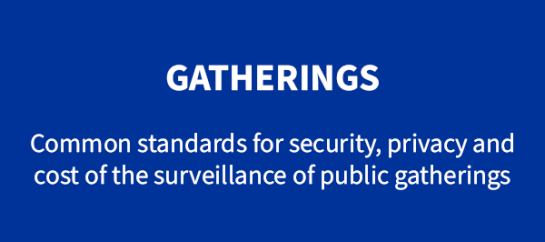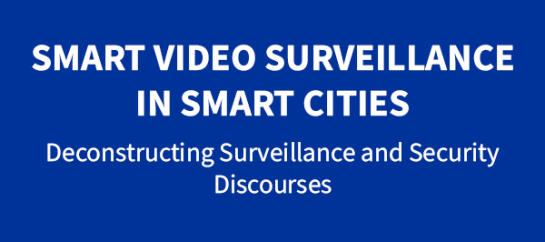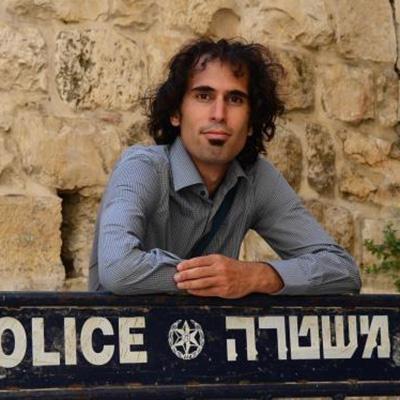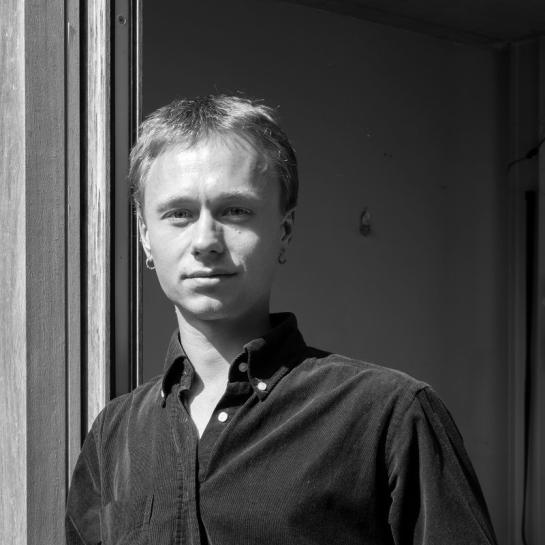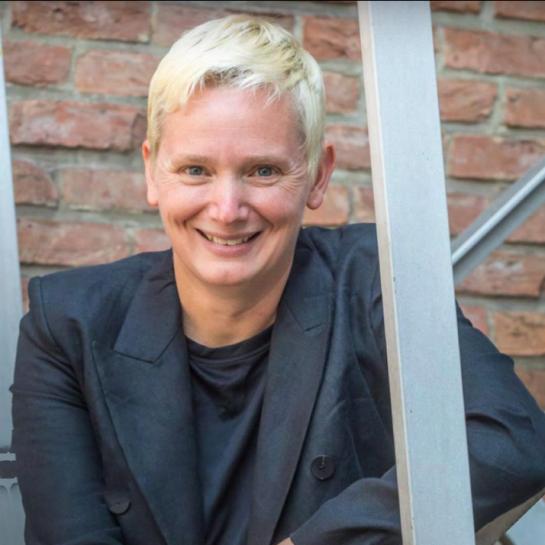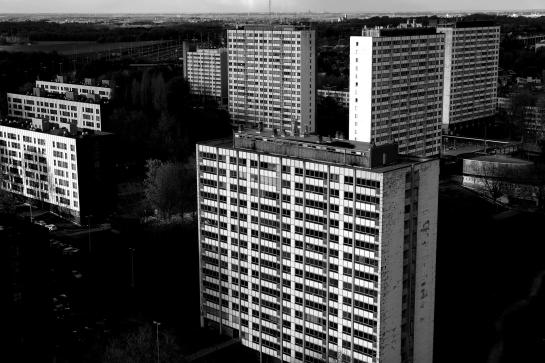
This research line focuses on how the dynamics of the city and space matter to criminology. The ways urban spaces are designed, perceived, experienced, and contested play a crucial role in for example, the incidence, prevention, control, and punishment of crime.
Our research interests include inter alia: urban securitization; public (dis)order; protests and riots; surveillance of public spaces; smart cities and the security theatre; nightscapes and incivilities; the impact of lighting on crime and fear of crime; and the stigmatization of so-called problematic neighbourhoods (particularly by the media and cinema). By regarding space as an active actor, rather than a mere container of social practices, we highlight the importance of the spatial context to criminological discussions. Our approach to urban criminology prioritizes the critical exploration of environmental criminology, situational crime prevention, crime prevention through environmental design (CPTED), and hotspots and crime maps.
Our main focus is on the city of Brussels, but we have research interests in a broad range of geographical contexts, such as Latin America and Palestine/Israel. Urban and Spatial Criminology is an interdisciplinary research line that cuts across the boundaries between criminology, urban geography, sociology, media studies, architecture and urban planning, social psychology, and political science.
Within this research line, the international, interdisciplinary and open-access journal 'Criminological Encounters' can be situated. Click here for more information about the journal.
Current Projects
Current Members
Coordinators
MEMBERS
Past Projects
